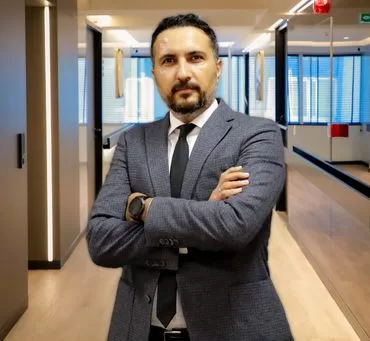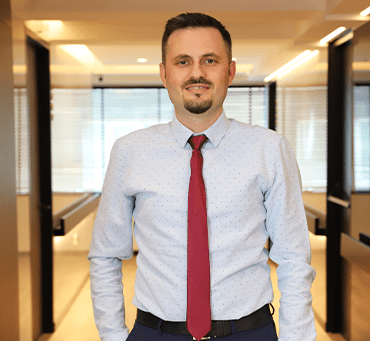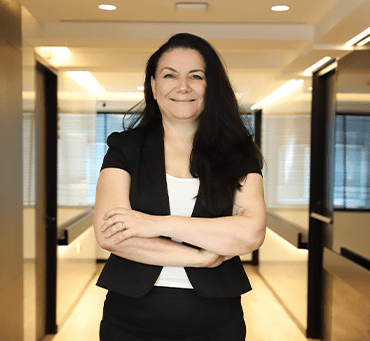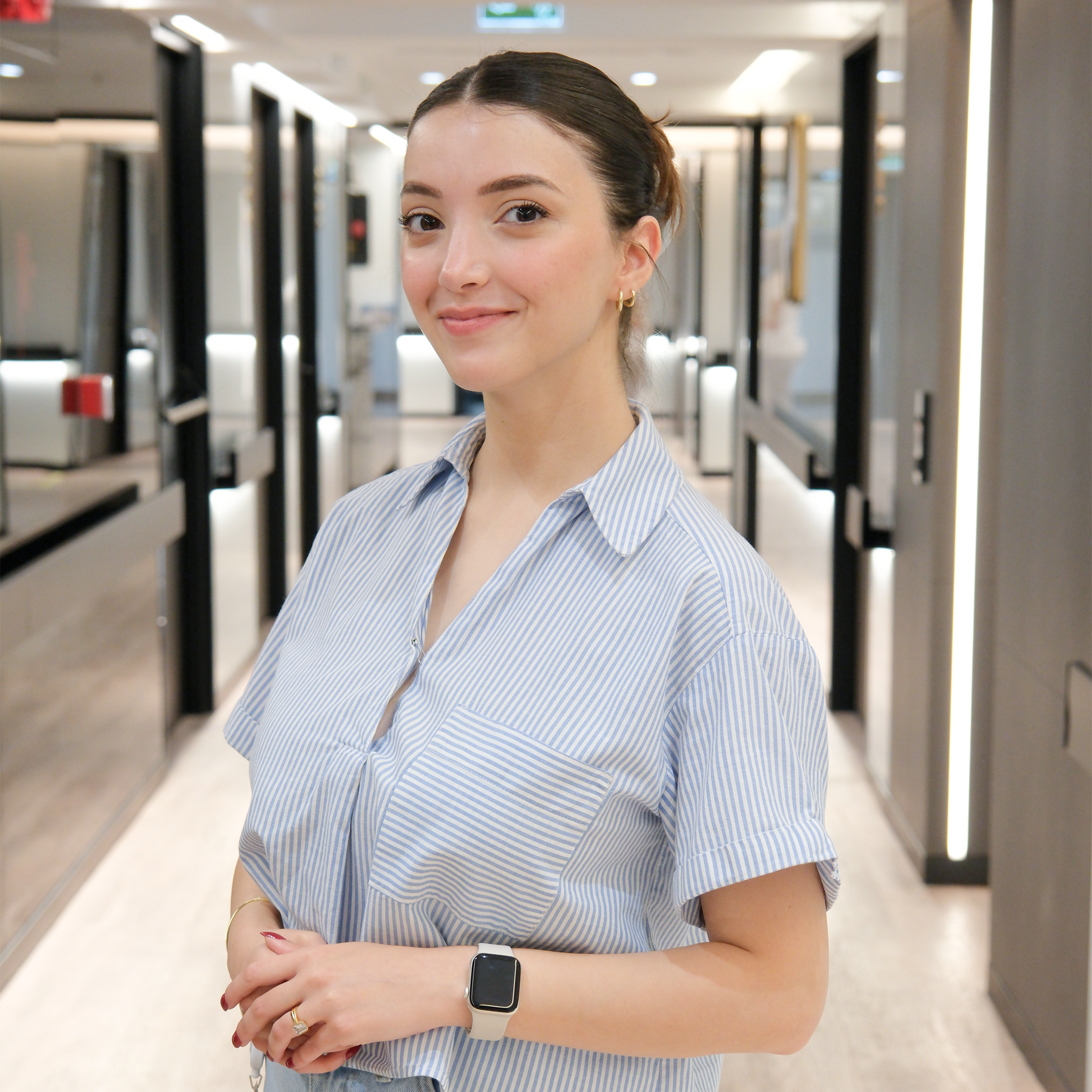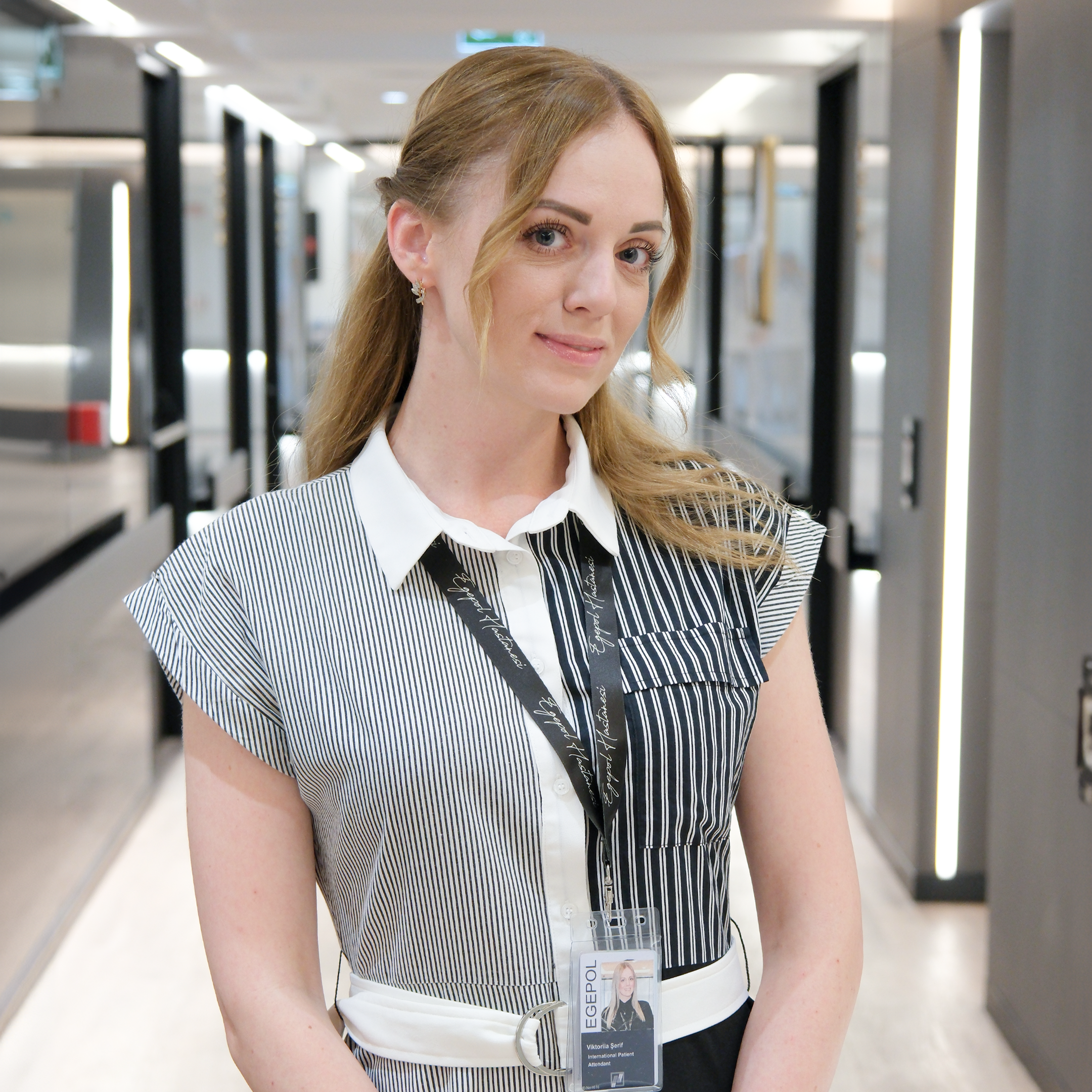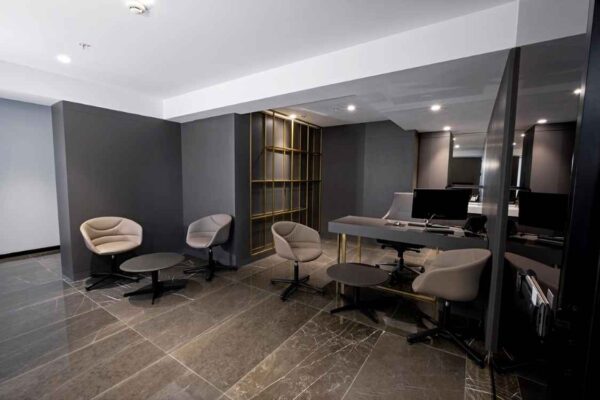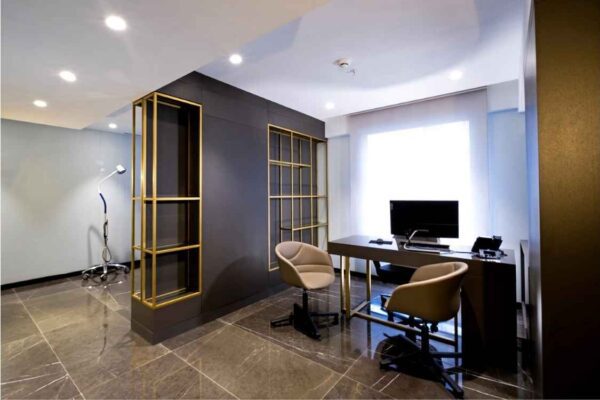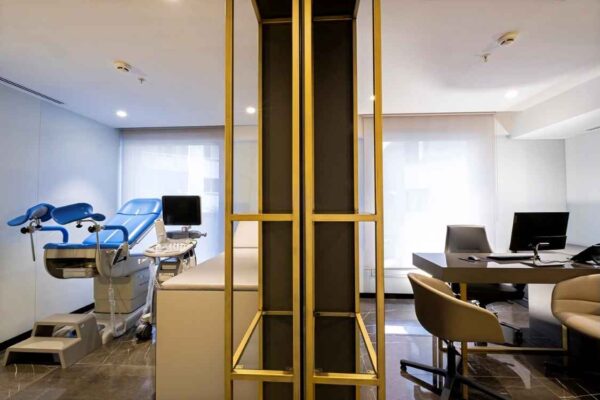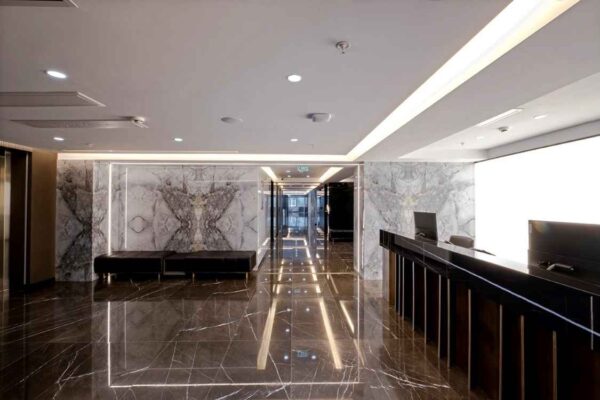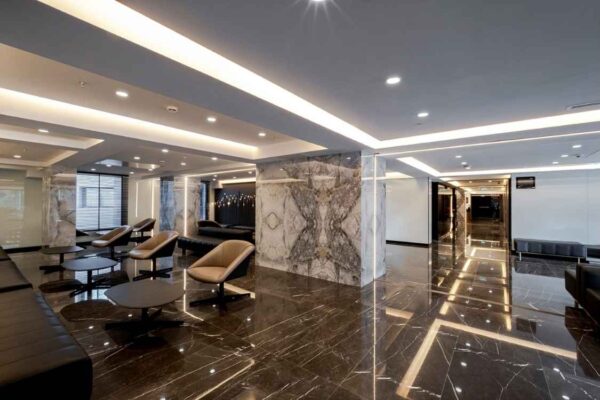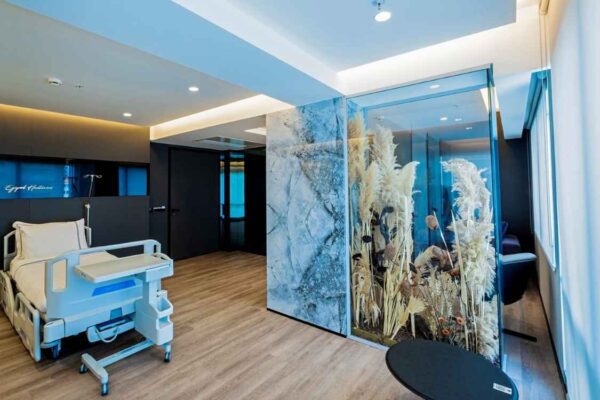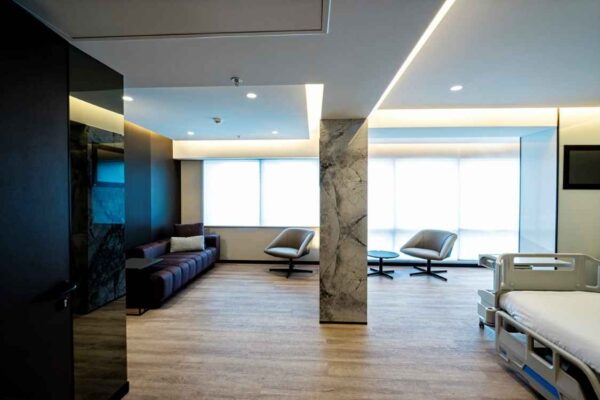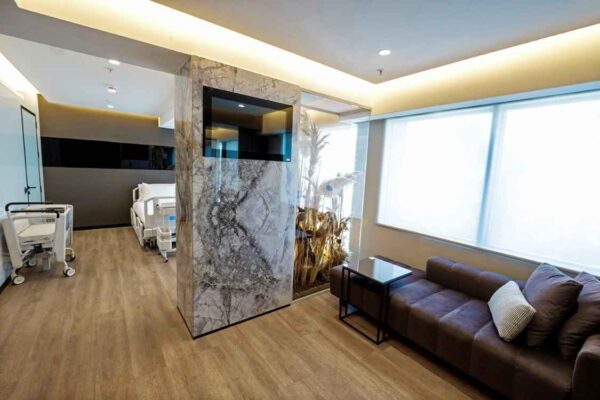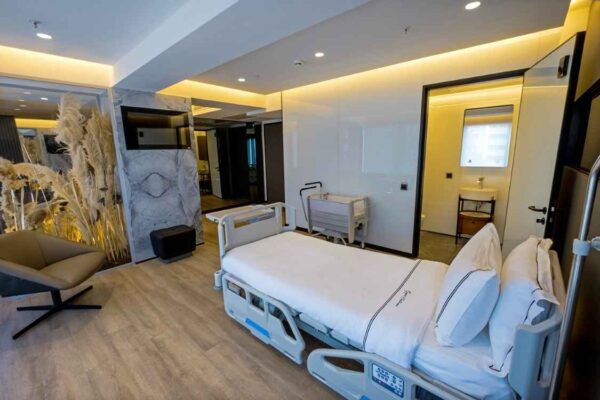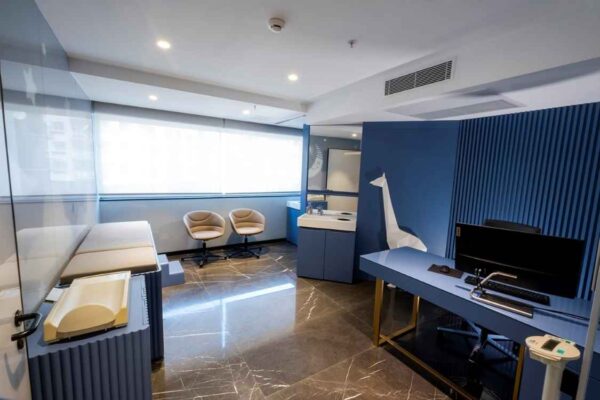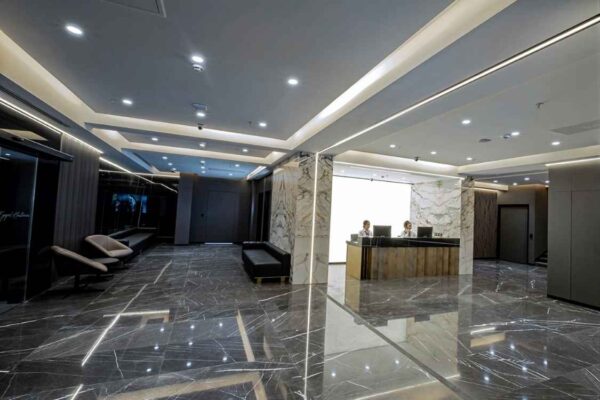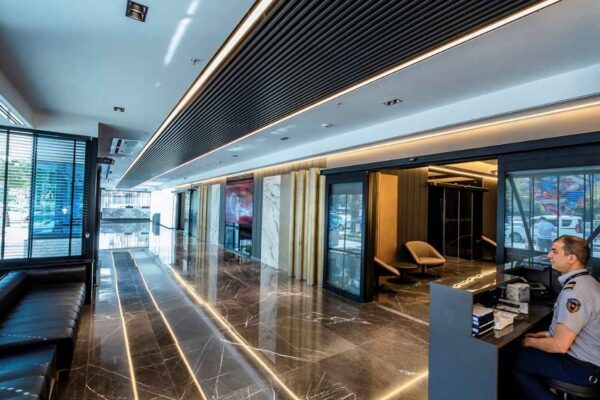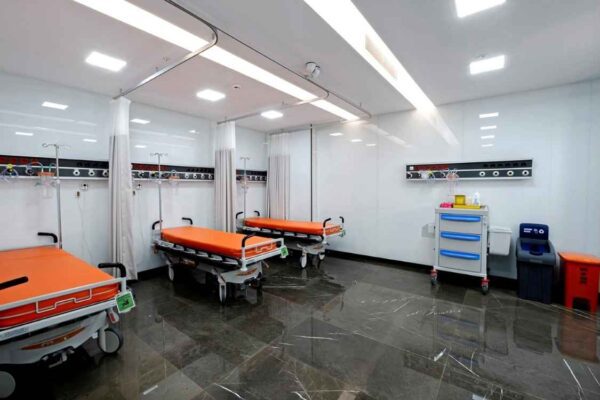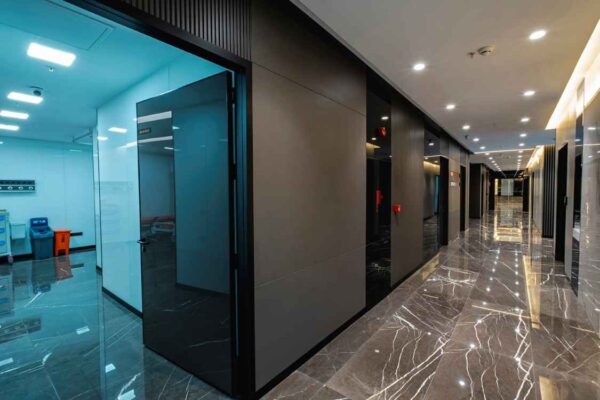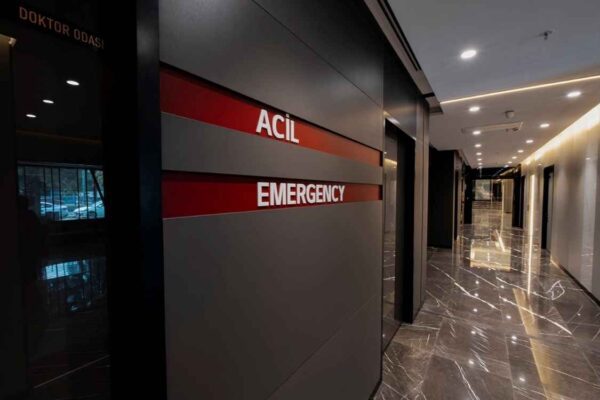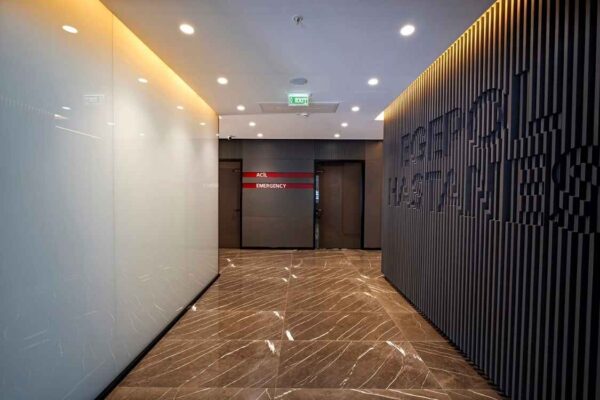Modern, less invasive endoscopic prostate surgery offers patients with prostate issues hope and relief. This article will go through what endoscopic prostate surgery entails, why Turkey should be considered as a location for the procedure, and any safety issues.
What is Endoscopic Prostate Surgery?
A surgical procedure used to treat prostate cancer or benign prostatic hyperplasia (BPH) is endoscopic prostate surgery, sometimes referred to as transurethral resection of the prostate (TURP). It entails the elimination of extra prostate tissue that is the root of urinary issues. TURP, as contrast to conventional open surgery, is carried out through the urethra, negating the requirement for external incisions.
But endoscopic prostate surgery has recently made ground-breaking advancements in the field of urology. This minimally invasive approach has altered the way we treat prostate illnesses and offers several benefits for patients. We’ll examine what endoscopic prostate surgery is, how it functions, its benefits, and its numerous uses in this article.
How is Endoscopic Prostate Surgery Performed?
This is how the process is carried out:
- Anesthesia: To promote comfort and pain reduction throughout the procedure, the patient is given either spinal or general anesthetic.
- Insertion of the Endoscope: The surgeon inserts an endoscope, a small, flexible tube with a camera, into the urethra to observe the prostate on a monitor.
- Tissue Removal: Excess prostate tissue that is obstructing the urethra is trimmed or removed using a specialized tool. By doing so, urinary problems are alleviated.
- Catheter Insertion: Following surgery, a temporary urinary catheter may be inserted to help with urine drainage during the first healing phase.
- Recovery: Most patients can resume their regular activities within a few weeks after spending one or two days in the hospital.
Why Should Endoscopic Prostate Surgery Be Considered in Turkey?
- Cost-Effective Option: When compared to several Western nations, Turkey offers endoscopic prostate surgery at a significantly lower price. There is access to top-notch healthcare without having to worry about staggering medical debt.
- European Standards of Healthcare: Turkish healthcare infrastructure has undergone tremendous investment, ensuring that medical facilities meet or exceed European norms. A level of care comparable to that seen in Western countries is provided through modern facilities, cutting-edge technology, and highly skilled medical personnel.
- Medical Education Excellence: Turkey’s medical school system is famous for producing highly educated and competent medical practitioners. Patients can have faith in the skill of Turkish physicians and surgeons.
Is Endoscopic Prostate Surgery in Turkey Safe?
Yes, endoscopic prostate surgery in Turkey is safe, and there are several reasons why:
- Strict Standards: Turkish healthcare facilities follow stringent quality and safety guidelines to guarantee that patients receive the finest care possible.
- Advanced Technology: Modern medical equipment and technology are available in Turkish hospitals, allowing for precise and successful surgical procedures.
- Experienced Medical Professionals: Turkey has a wealth of skilled and knowledgeable medical specialists who specialize in urological operations like endoscopic prostate surgery.
- Multilingual Healthcare: Healthcare in several languages is widely available in Turkey, making it accessible to patients from other countries.
Conclusion
Endoscopic prostate surgery is a revolutionary procedure that can improve quality of life and treat prostate issues. Turkey has been a prominent choice for people looking for high-quality medical treatment because of its economical healthcare options, European standards, and highly qualified medical staff.
Due to its effectiveness and safety, endoscopic prostate surgery in Turkey is a well-liked and reliable solution for people from all over the world. Patients benefit from the advantages of accessibility and cost while being assured that they will receive high-quality medical care.
FAQs
The local currency of the Republic of Turkey is the Turkish Lira. Our patients can convert their cash from exchange offices to Turkish Lira.
Our patients can withdraw money in Turkish Lira, Euro and Dollar through ATMs in Turkey. You can easily withdraw money with foreign language options available at ATMs.
Foreigners can use their own vehicles with the obligation to carry their own driver's license, vehicle license and passport with them. Vehicles are driven on the right side of the road in Turkey.
The sockets in Turkey are dual like the sockets used in Europe.
If you have your phone line open for use abroad before coming to Turkey, you can use your own operator as well as local GSM operators.
Our Team
Our Hospital
Atilla, Halide Edip Adıvar St.
No:57, 35270 Konak/İzmir




